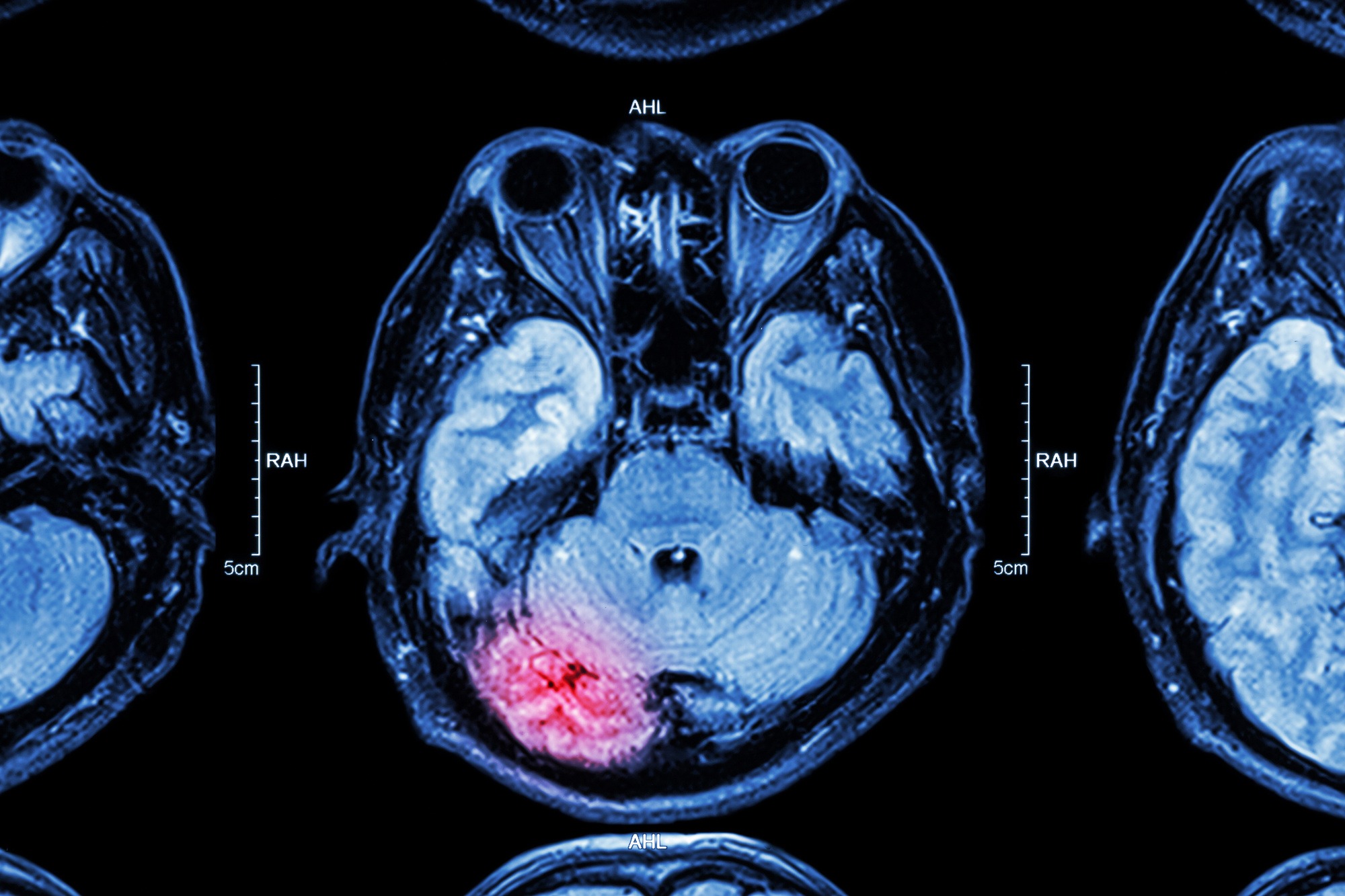A brain injury is caused by a blow or force in the head, some minor, while others stronger. There are many causes of brain injuries, the most common of which is car accidents.
Brain injury rehabilitation often starts in the hospital. For acute and non-traumatic cases, within a few days, you’ll be sent home to continue recuperating. However, the hospital may be your home for several weeks or months of severe and traumatic brain injuries. Hospital care is needed to access all the medical equipment and healthcare workers to provide round-the-clock care.
With that, it’s worth noting early on that there are many cases of successful recovery from brain injuries. What you do right after the accident matters to help you increase the likelihood of recovery.
Read on to see how you can recover from a brain injury caused by a car crash.
Hire A Law Firm
If you’re lucky and the brain injury is minor, you can return to your life as it used to be. However, if the car crash had a big impact, brain injury can have drastic, life-changing, and permanent effects. Moreover, getting back to their life may be a struggle.
When you think of it, the brain controls every bodily function and movement. Paralysis, speech impairment, and even slipping into a long-term coma before eventually dying are only some of the more disastrous effects a car crash brings.
Given that hiring a law firm is not part of the physical recovery per se, recovery is better with a lawyer, like Yates law firm, working by your side. When the effects of the brain injury render you immobile, your lawyer is the one who can help fight for your rights or the compensation or settlement due to you by the negligent party.
To better understand why it’s essential to have a lawyer, a statute of limitations governs the filing of cases and claims. This refers to the time by which the case has to be filed; else, upon the lapse of that period, you may get barred from filing the same case in court. With an effect as severe as obtaining a brain injury, don’t just sit on your right to proper compensation. It would be best if you had to have the best care possible to increase the chances of a better recovery, regardless of the extent of your brain injury.
Understand The Specifications Of Your TBI Type
Traumatic brain injuries (TBI) are classified into three categories. Starting with good medical care begins by understanding the specifications of the type of traumatic brain injury sustained. This is necessary as the amount of care to be given and the expectations for recovery also significantly depend on the kind of TBI.
Here’s a quick comparison of the three:
- Mild Traumatic Brain Injury (Concussion). Under this classification, most patients fully recover after the first three months, some even earlier.
- Moderate Traumatic Brain Injury. Most patients usually recover most or all of their brain function, but only after undergoing occupational therapy, speech therapy, physical therapy, and psychosocial therapy, among others, as prescribed.
- Severe Traumatic Brain Injury. Because of the severity of the brain’s damage and location, the prognosis for severe TBIs is usually hard to predict. This reality needs to be accepted by the patient’s family. Falling into a coma is a common after-effect, where the length of this period also dictates the possible recovery and the degree of therapies needed after the patient wakes up.
With this, a proper plan of action or treatment can only be prepared through an expert neurologist’s diagnosis and thorough check.
Work Closely With The Brain Injury Care Team
After the initial consultation and assessment by the patient’s neurologist, a care team can now be formed. If the patient is conscious, they and their family members must strive to work closely with the care team and follow all the treatment instructions as needed. For unconscious patients, all the decision-making now falls on their next of kin.
Your care team should include the following:
- Psychologists or neuropsychologists: These are a must-have, especially for patients who wake up from a coma, as they could find it hard to adjust to everyday life, walk through the trauma of what happened to them, or recall anything from their past if they’ll even have any recollection at all.
- Nurses: For brain injury patients, the nurses have to specialize in rehabilitation. Most of their job focuses on giving the proper medications and tracking the patient’s vital signs. The nurse also helps with other tasks like lifting the patient, twisting, or turning them to another sleeping position to prevent bed sores.
- Dieticians: These medical professionals help by ensuring the patient receives good daily nutrition. They teach and educate the patient and their families on any special dietary requirements, along with proper food preparation.
This is only a sample list. The patient’s neurologist will give a more thorough one based on what they determine the patient needs to be.
The Bottomline
Daily life can be challenging after a brain injury. Even the smallest concussion can cause cognition and memory issues, making even the simplest tasks more challenging. Given all the circumstances, this is only the beginning of the many reasons why every brain injury patient should aim for the best recovery possible. As you can see from the tips above, this recovery is a concerted effort of a good team composed not just of medical workers but also of the patient’s legal team and family.


